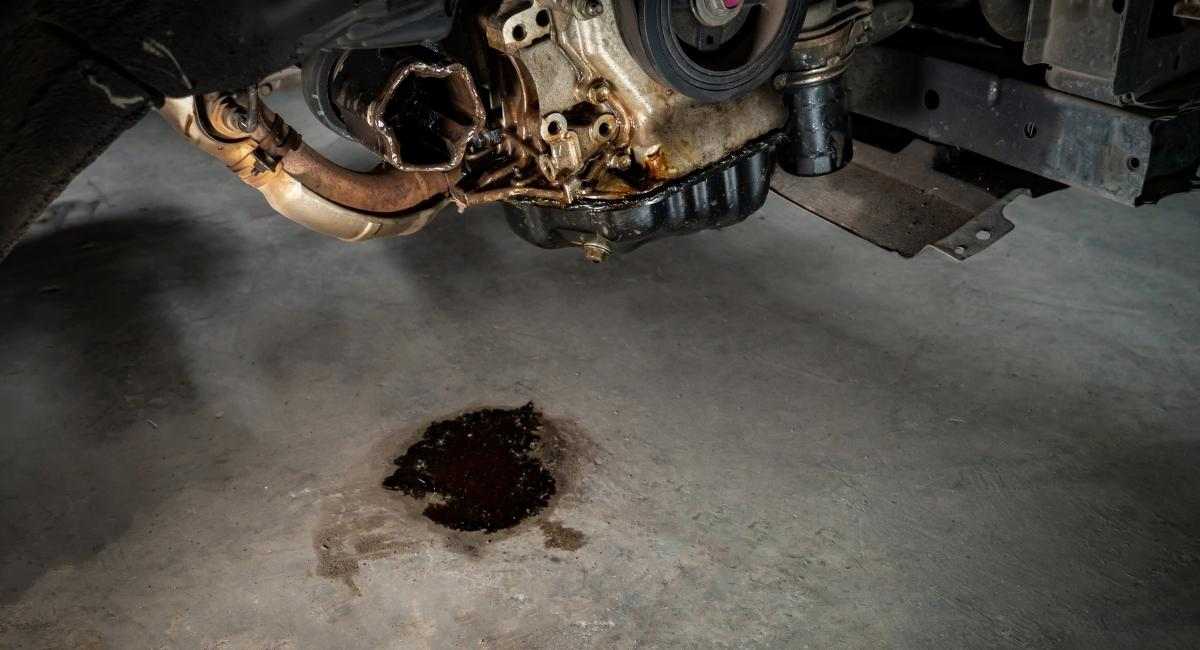You’re driving along, and suddenly, you notice that your gas gauge is reading empty, even though you know that you just filled up your gas tank. What’s going on? It’s possible that your Jeep Cherokee gas gauge is not working. This problem can be fixed relatively quickly, but it’s essential to diagnose the issue first.
The Jeep Cherokee gas gauge is a small gauge that shows the fuel level in the tank. It can determine when it’s time to fill up or if the vehicle needs some service.
The most common problem with a Jeep Cherokee gas gauge is that it doesn’t work. If your gauge remains unresponsive, you may have broken wires or faulty connections in the system. You can also check for corrosion on the wire connections.
If your Jeep Cherokee gas gauge works intermittently, there is probably a problem with an electrical component in the vehicle. You will need an electrical diagnostic tool to check for loose connections, broken wires, and open circuits.
This article will walk you through the steps necessary to fix your Jeep Cherokee gas gauge not working. So, relax—we’ve got this.
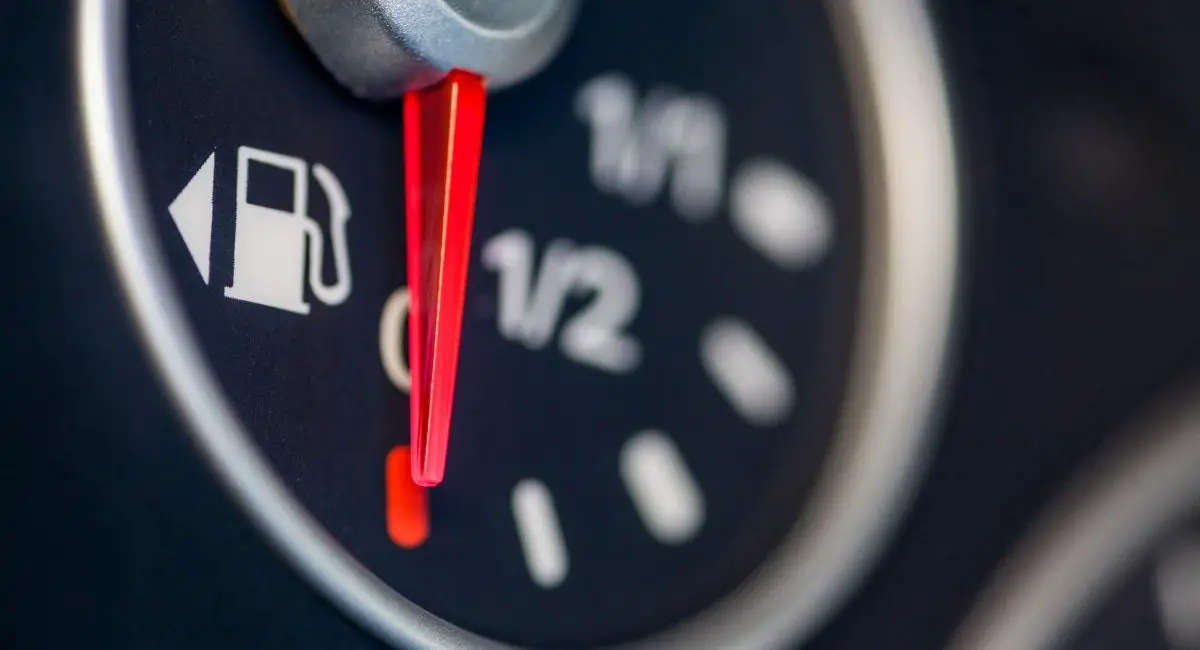
What Could Cause a Jeep Cherokee Gas Gauge to Not Work?
Jeep fuel gauge not working is a common problem that can be solved using the correct repairs. There are several possible reasons that could cause the Jeep wrangler fuel gauge not to work, and you should check them one by one. A few things could cause your Jeep Cherokee gas gauge not to work.
- The most common is a faulty sending unit, which is responsible for measuring the amount of fuel in your tank. If the sending unit is bad, it’ll need to be replaced. You can test it by unplugging it and seeing if the gas gauge moves. You know the sending unit is bad and needs replacing if it does.
- Another possibility is a wiring issue. The wiring could be corroded or loose, which would need to be fixed to get the gas gauge working again.
- You have a worn Fuel Sending Unit. The first thing you need to do is to check if the sending unit is faulty or damaged. If your fuel gauge does not work, then it means that your sending unit has to be replaced. If you have already replaced it and have no luck, try cleaning the filter with a new rubber hose. This will help remove any dirt or debris that may have accumulated in the filter since the last time you changed it.
- The most common reason is that a fuse has blown the wiring system. This can happen if you have a lot of electrical accessories installed or if you have an electric fuel pump installed.
If this is the case, you will need to check all of the fuses in your vehicle and replace any blown ones. The good news is that this should only take around 15 minutes. - Another potential cause for a broken fuel gauge is if your Jeep was involved in an accident and has sustained damage to the wiring system. If this is the case, then you will need to have your Jeep inspected by one of our certified automotive technicians for us to determine what needs to be done about it.
How to Check if Your Jeep Cherokee Gas Gauge is Working
You’re driving along, and suddenly your gas gauge starts going crazy. It’s bouncing all over the place, and you have no idea how much gas you have. What do you do?
Well, before you start worrying, the first thing you should do is check to see if your Jeep Cherokee gas gauge is working. Here’s how:
- Pull over to the side of the road and turn off your car.
- Take the key out of the ignition and wait for a few seconds.
- Put the key back in and turn it to the “on” position, but don’t start the engine.
- Watch the gas gauge. If it moves, then your gauge is working correctly.
- If it doesn’t move, there’s a good chance your gauge is not working correctly, and you’ll need to fix it.
If this procedure doesn’t work, you will need to check your car physically. It’s easy to check if your Jeep Cherokee gas gauge is working.
- Turn off the ignition.
- Remove the fuel cap and check for fuel. If there is no fuel in the tank, the gauge will not work correctly, and you will need to replace it with a new one.
- Use a flashlight to check inside the gauge cluster housing on your Jeep Cherokee for any corrosion or dirt buildup that could affect your gauge’s reading accuracy. You can also use an air hose and blow out any debris from inside the housing using compressed air or a shop vacuuming tool if needed.
- Check for Leaks. Once you have turned off the engine, check for any leaks from its body. Inspect all joints and places where you can find water getting into your Jeep Cherokee’s engine compartment excessively.
If there are leaks, use paper towels or rags and wipe them out completely. Make sure that all joints are clear of water before starting up again. - Check for Cords. Once you have checked for leaks, now check whether there are any cords connected with it or not. There might be many cords connected with your gas gauge that need to be checked carefully before starting up again.
If there are any loose connections, remove those cords and reconnect them properly on their respective sockets like they were initially connected. - The next step that you should take is to check the gas cap on your Jeep Cherokee. The gas cap controls how much gas goes into each cylinder when filling up. So, if it’s not correctly holding pressure or getting clogged, this can cause problems with your Jeep Cherokee’s fuel gauge and other systems within the vehicle.
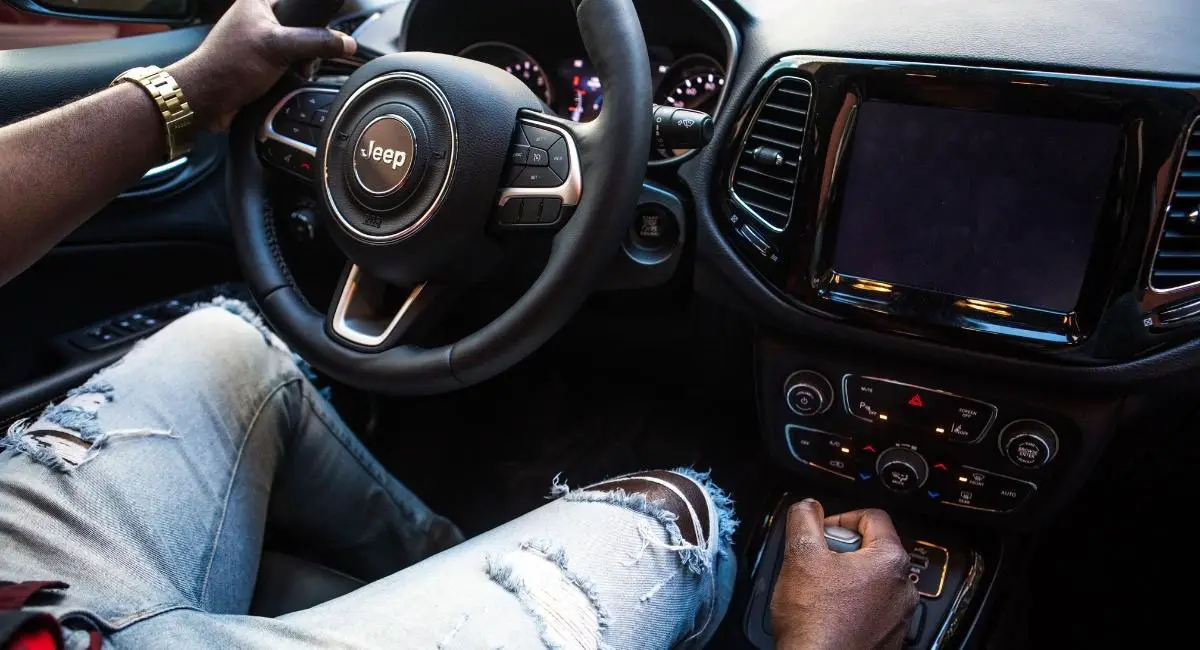
How to Fix a Jeep Cherokee Gas Gauge Not Working
If your gas gauge isn’t working on your Jeep Cherokee, you will need to take care of that as soon as possible. Here are the steps you need to take if a fuse problem causes Jeep fuel gauge not working:
Step 1: Locate the fuse box. It’s in the engine compartment, and it’s rectangular in shape.
Step 2: Remove the fuse for the fuel gauge. It’s the one in the bottom right-hand corner.
Step 3: Replace the fuse and start your car. The gauge should now be working correctly.
If your Jeep Cherokee gas gauge is not working, it could be a simple fix. Follow these steps to troubleshoot the problem and get your Jeep Cherokee’s gas gauge back up and running.
Step 1#: Remove the Gas Gauge Panel Cover
The first thing you need to do is remove the gas gauge instrument panel cover. This will help you access the wires that go from the gauge to the dash cluster.
Step 2#: Test for Power
Once you’ve removed the instrument cluster panel cover, test for power at each of the wires going into it. Make sure they’re all connected properly, and then try turning on your Jeep’s engine and see if any lights come on or flash. If one does, you know where it’s going wrong and which wire needs replacing or testing.
Step 3#:
Check the wiring in the engine bay. The wiring should be attached to the fuel pump and connected to the computer system, so if it is not working correctly, then this area needs to be checked first.
Step 4#:
Check the electrical connections on the back of your vehicle. You may need to remove some screws that hold down some plastic covers under your dashboard to gain access to these connections. Ensure all of these connections are secure and intact before proceeding with any repairs or replacements of parts.
Step 5#: Check for Broken Wires
Once all of this has been done, check for any broken wires or connectors that might be responsible for causing this issue if they are still intact and intact before proceeding with repairs. If none exist, proceed with replacing them with new ones since they are cheap and readily available.
Step 6#:
Install new wires from your battery directly into each individual wire attached to your fuel pump. Make sure that each wire is securely attached with its corresponding screw so that it cannot become disconnected throughout your vehicle’s electrical system operation.
How to Prevent a Jeep Cherokee Gas Gauge from Spoiling Quickly
The gas gauge is one of the most critical components of your vehicle. That’s why it’s essential to take good care of it.
If you want your Jeep Cherokee Gas Gauge to last for a long time, here are some tips:
- Check the fluid level every two weeks or 100 miles, whichever comes first. If it’s low, add more fluid until you see it rise to the top of the gauge.
- Don’t fill your Jeep Cherokee Gas Gauge with water. This will ruin its seals and cause problems down the road.
- Don’t drive with a full tank of gas in your Jeep Cherokee Gas Gauge because this can cause the tank to leak, which may lead to an explosion if there is an engine fire.
- Regular maintenance is the best way to ensure your Jeep Cherokee Gas Gauge lasts long. Routine maintenance includes oil changes, tire rotations, and other preventative measures. The best part about this is that it will help keep your Jeep Cherokee Gas Gauge working at its best.
- Regular Oil Changes. The oil level is the first thing to check when you’re doing your Jeep Cherokee Gas Gauge maintenance. This is because if you don’t check it regularly, you could damage your engine and even cause permanent damage to it. If there’s an issue with your oil level, make sure you get a new one and have it changed as soon as possible.
- Tire Rotations. Another thing you can do to ensure that you keep your Jeep Cherokee Gas Gauge working well is rotating tires every so often. You should do this every six months or whenever they feel worn out or when they start causing problems with their handling and performance.

Conclusion
And that’s it! Hopefully, one of these tips will help you get your gas gauge working again.
It’s not the end of the world if your Jeep Cherokee’s gas gauge isn’t working. As we have seen, there are plenty of ways to work around the problem. If you follow this guide keenly, you should be able to get your Jeep up and running like new in no time.
So, what are you waiting for? Get started on fixing your Jeep Cherokee gas gauge today.

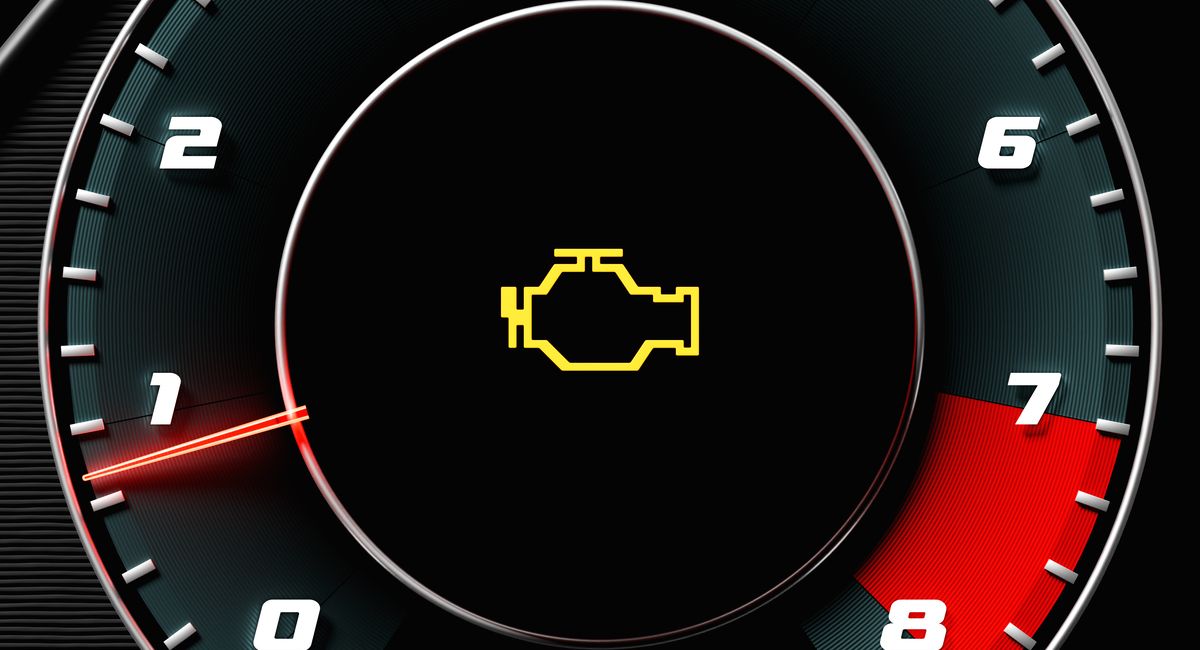
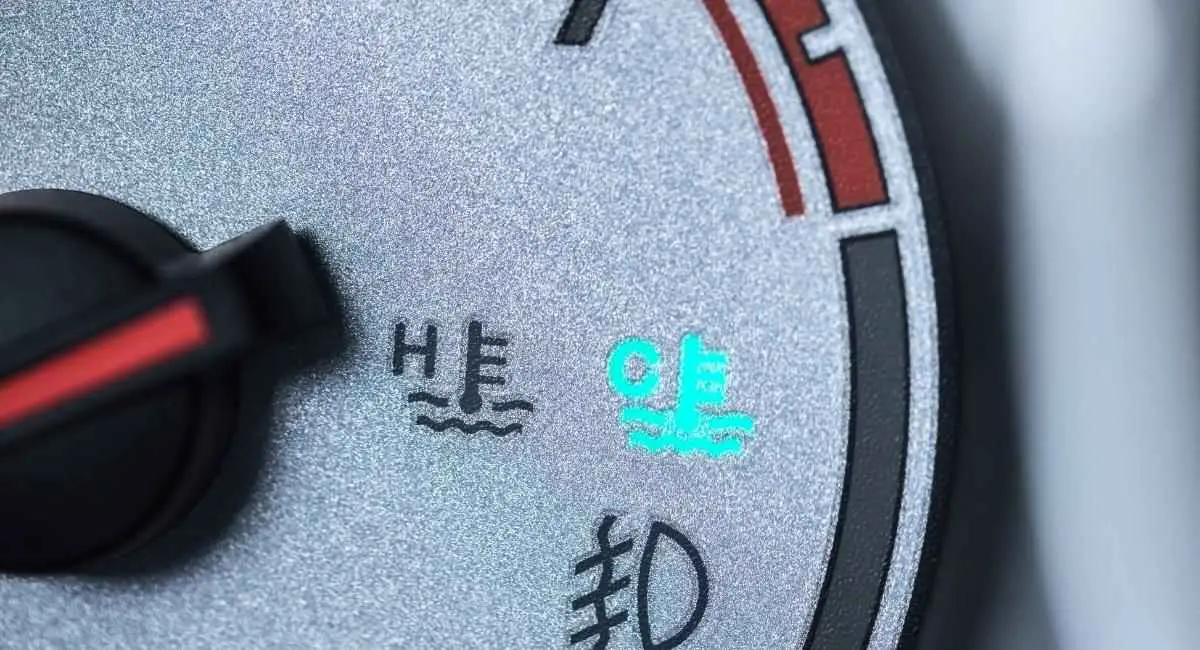
![How to Keep Mud from Sticking to UTV [Proper Guide] How to Keep Mud from Sticking to UTV](https://offroadpulse.com/wp-content/uploads/2022/09/Problem-with-Mud-for-utv.jpg)
